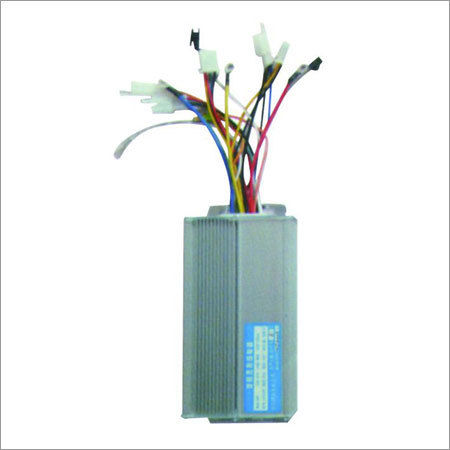Electric Rickshaw Charge

Product Details:
- Product Type Other
- Frequency (MHz) 50 Hertz (HZ)
- Starting Type Electric Start
- Color Gray
- Warranty 1 Year
50000.00 - 100000.00 INR/Piece
X
Electric Rickshaw Charge Price And Quantity
- 100 Piece
- 50000.00 - 100000.00 INR/Piece
Electric Rickshaw Charge Product Specifications
- 1 Year
- Other
- Gray
- 50 Hertz (HZ)
- Electric Start
Electric Rickshaw Charge Trade Information
- 100 Piece Per Day
- 1 Days
Product Description
Electric Rickshaw Charge refers to the process of replenishing the battery of an electric rickshaw, also known as an e-rickshaw, with electrical energy. Charging is a crucial aspect of operating an e-rickshaw as it determines the vehicle's range and availability for use. E-rickshaws typically rely on charging stations or charging infrastructure to recharge their batteries.
Frequently Asked Questions:
Q: How do I charge an electric rickshaw?
A: To charge an electric rickshaw, you need access to a charging station or a power source specifically designed for electric vehicles. Connect the charging cable to the e-rickshaw's charging port, which is usually located on the vehicle's exterior. Plug the other end of the cable into the charging station or power source. Once connected, the charging process will begin, and the battery will gradually recharge.
Q: How long does it take to charge an electric rickshaw?
A: The charging time for an electric rickshaw can vary depending on the battery capacity, the charging equipment's power output, and the state of charge of the battery. Typically, it can take several hours to fully charge an e-rickshaw's battery. Charging times can range from 4 to 8 hours or more, depending on the specific charging infrastructure and the battery's charging capabilities.
Q: Can I charge my electric rickshaw at home?
A: In some cases, it is possible to charge an electric rickshaw at home if you have a compatible charging infrastructure and access to a sufficient power supply. However, it is essential to consider the electrical capacity of your home's wiring and the requirements of the e-rickshaw's charging system. It is recommended to consult with an electrician or a qualified professional to assess the feasibility and safety of home charging.
Q: Are there public charging stations for electric rickshaws?
A: Yes, in many areas, there are public charging stations specifically designed for electric vehicles, including electric rickshaws. These charging stations are equipped with the necessary infrastructure to provide electric power for charging. Public charging stations are becoming increasingly common in urban areas and are essential for e-rickshaw drivers who may need to charge their vehicles while on the go.
Enter Buying Requirement Details
Other Products in 'Electric Three-wheeld vehicle Spare Parts' category
 |
CHANGZHOU JOINT TRADING CO.,LTD
All Rights Reserved.(Terms of Use) Developed and Managed by Infocom Network Private Limited. |






 Send Inquiry
Send Inquiry